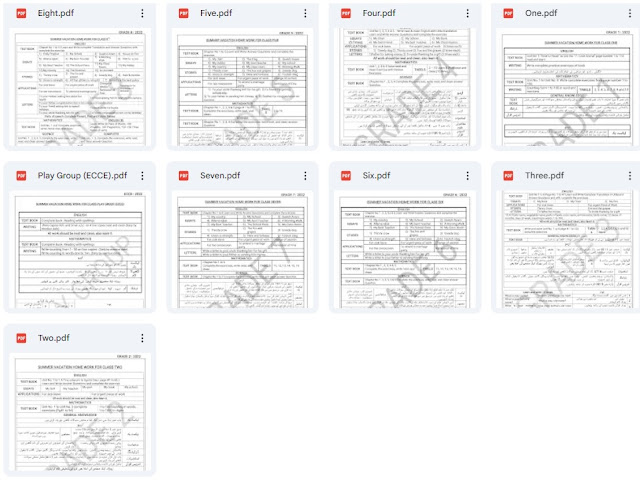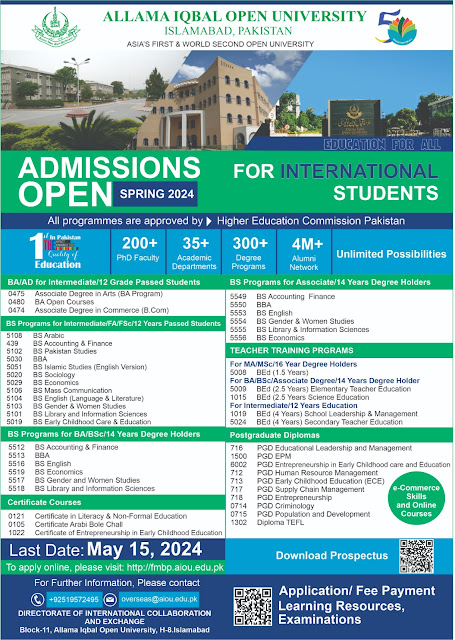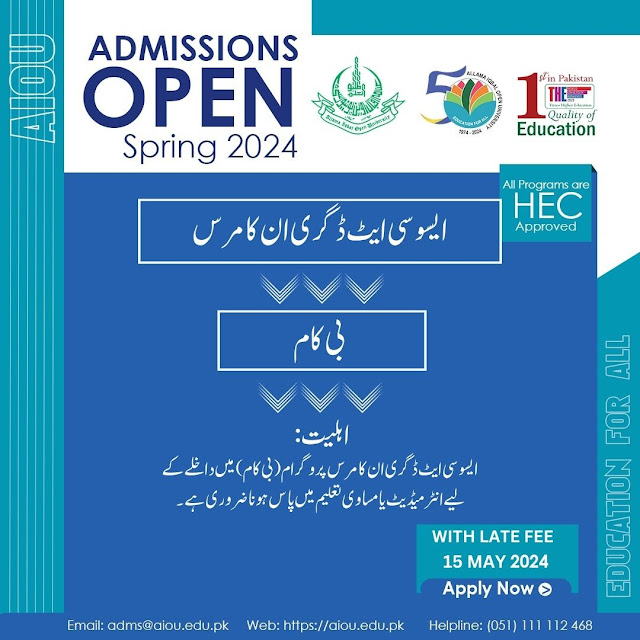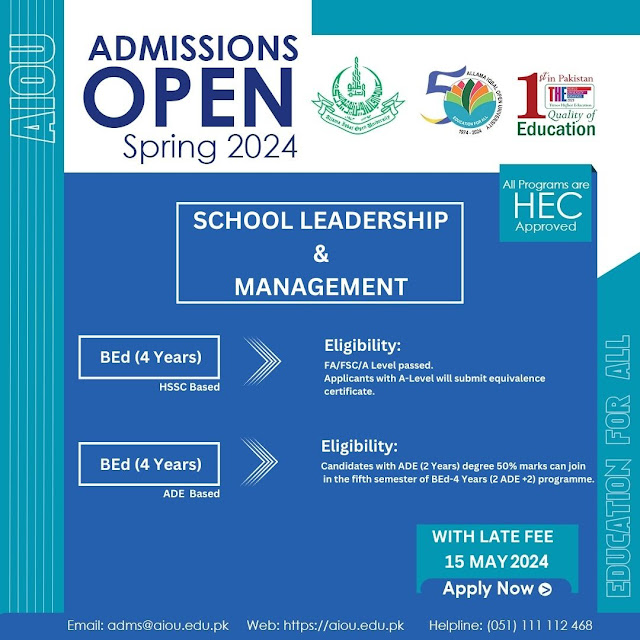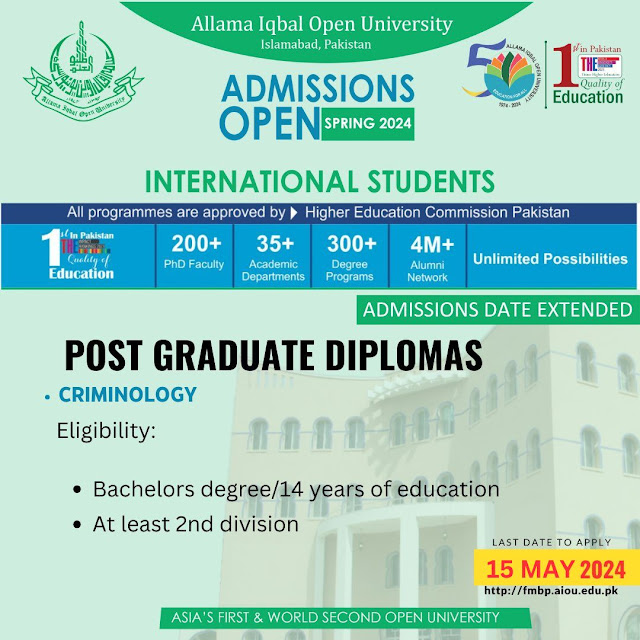On May 23rd, we celebrate World Turtle Day, a special occasion dedicated to raising awareness about the plight of turtles and the urgent need to protect their habitats. These fascinating creatures have roamed our planet for over 200 million years, yet today they face unprecedented threats from habitat destruction, pollution, climate change, and illegal trade. It's a day to not only marvel at their ancient legacy but also to commit to their conservation.
 |
| Majestic sea turtle glides through the vibrant coral reefs, showcasing the beauty of its natural habitat. Let's work together to protect these incredible creatures and their homes. 🌊🐢 #WorldTurtleDay |
The Significance of Turtles
Turtles are remarkable beings that play vital roles in their ecosystems. There are over 300 species of turtles and tortoises, each contributing uniquely to their environments:
Ecosystem Engineers: Many turtle species, such as the gopher tortoise, are known as ecosystem engineers. They dig burrows that provide shelter for hundreds of other species, including insects, amphibians, and mammals.
Ocean Health: Sea turtles maintain healthy seagrass beds and coral reefs. For example, green sea turtles graze on seagrass, which promotes growth and helps maintain the health of these crucial underwater habitats.
Biodiversity Indicators: Turtles are often indicators of the health of their environment. A decline in turtle populations can signal broader ecological issues that may also affect other wildlife and human communities.
 |
| Newly hatched sea turtles embark on their journey to the ocean, a reminder of the fragile beginnings of these ancient mariners. Protect their future. 🌅🐢 #WorldTurtleDay |
Current Threats to Turtles
Despite their ecological importance, turtles are among the most threatened groups of animals. Some of the critical threats include:
Habitat Loss: Urban development, agriculture, and deforestation are destroying the natural habitats of many turtle species. Wetlands are drained, forests are cleared, and beaches are developed, leaving turtles with fewer places to live and breed.
Pollution: Plastic pollution is particularly hazardous to turtles. Many turtles mistake plastic bags for jellyfish, a favorite food, which can lead to ingestion and often fatal blockages. Oil spills and chemical pollutants also degrade their habitats.
Climate Change: Rising temperatures affect turtle reproduction. The sex of many turtle species is determined by the temperature at which eggs incubate. Higher temperatures can result in skewed sex ratios, threatening future populations.
Illegal Trade and Poaching: Turtles are often captured for the pet trade, traditional medicine, and as a food source. This illegal trade decimates wild populations and disrupts natural ecosystems.
How We Can Help
Protecting turtles requires a concerted effort from individuals, communities, and governments worldwide. Here are some steps we can all take:
Support Conservation Efforts: Donate to or volunteer with organizations dedicated to turtle conservation, such as the Turtle Survival Alliance or local wildlife rescue groups.
Reduce Plastic Use: Minimize plastic waste by using reusable bags, bottles, and containers. Participate in beach clean-ups and advocate for policies that reduce plastic pollution.
Promote Sustainable Practices: Support sustainable seafood choices and advocate for responsible coastal development that considers the impact on turtle habitats.
Educate and Advocate: Spread the word about the importance of turtles and the threats they face. Use social media, community events, and educational programs to raise awareness.
Be a Responsible Pet Owner: If you keep turtles as pets, ensure they are sourced from reputable breeders and never release captive turtles into the wild, as they can spread disease and disrupt local ecosystems.
 |
| A land tortoise explores its lush, green habitat, embodying the resilience and beauty of terrestrial turtles. Preserve their environments. 🌳🐢 #WorldTurtleDay |
Conclusion
World Turtle Day is more than just a celebration; it is a call to action. By understanding the vital roles turtles play in our ecosystems and recognizing the threats they face, we can take meaningful steps to protect these gentle giants. Our efforts today will help ensure that turtles continue to thrive in the wild for generations to come. Let’s join together to celebrate and protect these ancient mariners of the natural world. 🌎🐢 #WorldTurtleDay



